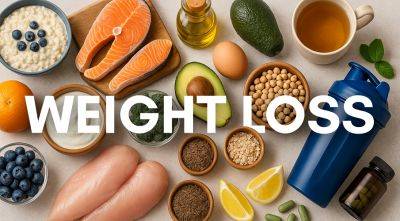Taking Care of Your Health Over 40: What Changes and How to Adapt
Turning 40 can sneak up on you. One minute, you’re recovering from a workout in a day. The next, you’re sore for three. Your sleep patterns change, food affects you differently, and things that used to feel simple—like bouncing back from a cold—suddenly feel more drawn out.
If any of that sounds familiar, you’re definitely not alone. The good news? These changes are normal, and they don’t mean your best days are behind you.
You just need to adjust how you care for your body. Let’s talk about what actually changes in your 40s—and how to stay ahead of it. Your Body’s Recovery Slows—Here’s What to Do As we get older, the body naturally takes more time to bounce back.
You might notice more joint stiffness, sore muscles that linger, or slower healing after an intense workout. This doesn’t mean you should stop moving.
Read more on curiousmindmagazine.com






































